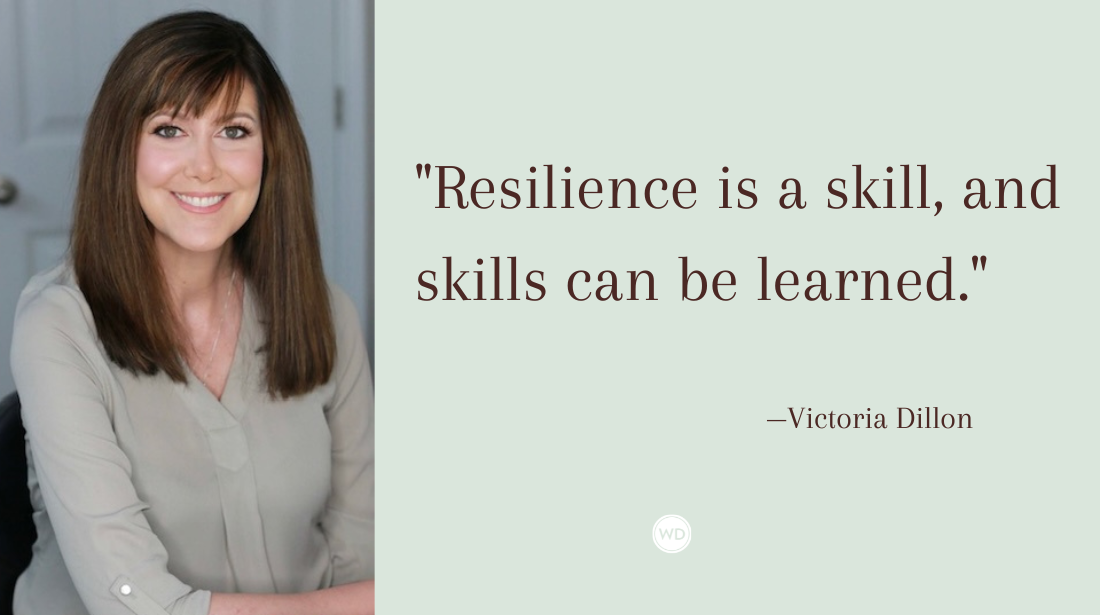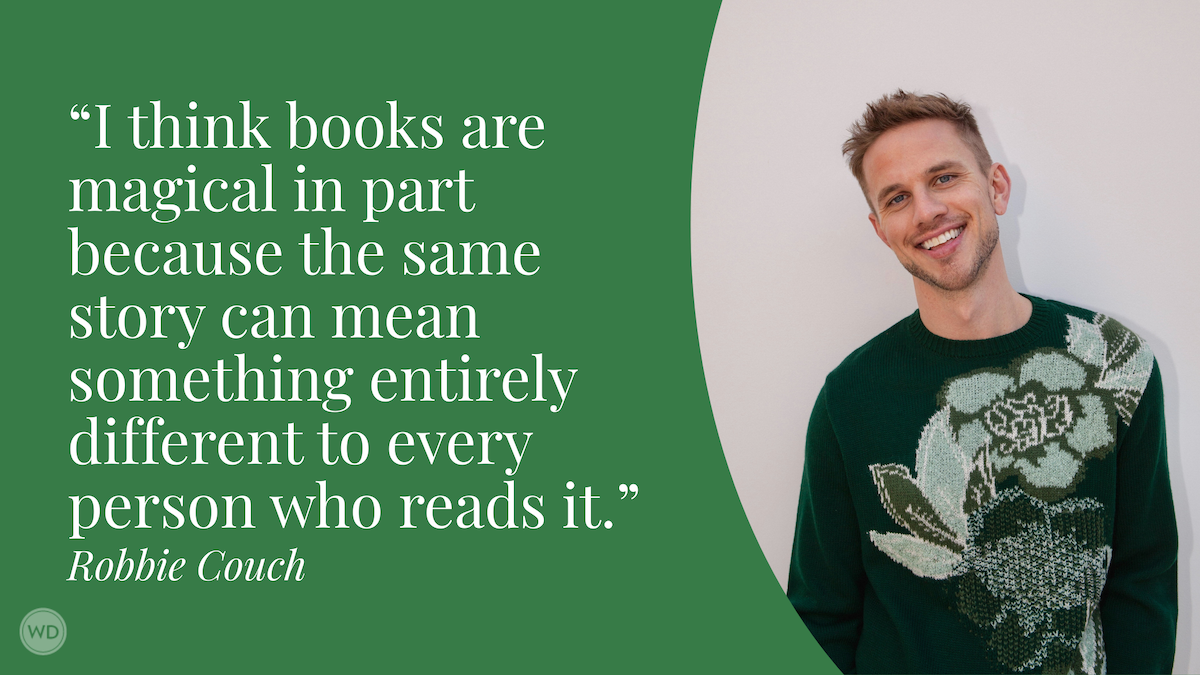Writing Mistakes Writers Make: Using AI
The Writer’s Digest team has witnessed many writing mistakes over the years. This week’s writing mistake is using AI.
Everyone makes mistakes—even writers—but that's OK because each mistake is a great learning opportunity. The Writer's Digest team has witnessed many mistakes over the years, so we started this series to help identify them early in the process. Note: The mistakes in this series aren't focused on grammar rules, though we offer help in that area as well.
Rather, we're looking at bigger picture mistakes and mishaps, including the error of using too much exposition, hiding your pitch, or chasing trends. This week's mistake is using AI.
It’s everywhere you look. It’s the first result when you Google a question. It’s being used to generate book recommendation lists, featuring books that don’t exist. Heck, Tom Cruise just saved the human race from its total destruction.
AI, it would seem, is inescapable, permeating and puncturing every industry. Executives with little to lose seem thrilled by its prospects: the money they could save, the “efficiency” of its speed, the belief in its comparable quality to something made by an actual person. Creatives, by and large, have urged caution at dabbling in artificially generated content, but some still embrace it.
The publishing industry is not without its AI woes. AI-generated prompts were recently left within published works from authors. Writer's Digest's own Jane Friedman had her name being printed on books she didn't write, to name a few. It seems like everyone is clamoring to cut the messy middle of making art so they can enjoy the pretty, final product—that, and to blatantly steal the likeness of others to make a quick buck.
Let’s just get this out of the way: There is no ethical, moral, or imaginative way to use AI to make our stories better. Killing the creative process kills creativity. You cannot use AI to do the work for you and then take credit for simply asking the question.
Writing Mistake: Using AI
Let me start by saying that in a passive way, every single one of us has used AI for years. Whether it’s through Siri or checking our spelling and grammar before submitting a paper, mundane AI is nothing new—and there is an argument that these things are not the problem (aside from the environmental cost of AI overall, but that's a conversation for another day). Of course, spellcheck is helpful. Even as I write this, the mistakes I’ve made have been caught and fixed. (Read that again: the mistakes I made). I’m glad for it. And I also learn from it—a grammar mistake I never knew I was making reveals itself, and so I try not to make that mistake again on my own. The more mistakes it catches, the less I make in the future, the less I need its engineering.
But AI should not be a shortcut for our creativity. It should not be responsible for our plots, for building our characters, for our dialogue, for stringing together sentences. I don’t think it should even be used for creative brainstorming. There’s this sense that the process we deserve is one that is smooth and seamless. Fellow writers, if that’s what you’re looking for, then I’m sorry but you chose the wrong artform.
The writing process is almost exclusively messy. It’s about making mistakes and leading your characters down the wrong road. It’s about hundreds of words that may ultimately be deleted. There is no linear way to write a novel, and in trying to eliminate the literal writing process, you’re not only doing a disservice to your creativity, but you’re also doing a disservice to yourself.
I’ve learned more about who I am as a writer and as a person from being in the messy middle of the writing process. I resolve some dormant disappointment from my past through journaling it out, and through that journaling, I create story. (For more about creating story from lived experiences, listen to my chat with literary agent Jessica Berg here.)
How Not To Use AI
Literally just don’t. There’s this overwhelming narrative that AI is inevitable, and AI relies on thinking we are powerless before it. But the truth is you can simply choose not to use it.
Embrace the challenge of the writing process. Not everything in our lives is meant to be convenient. Writing is inherently inconvenient. We carve out time in our busy days to write sometimes only a dozen words. So little of the cumulative work we do often ends up in the final product. But the more we write, the more we know about what we’re writing, and the more that seeps into our stories, even if not literally within them. A house cannot hold without a strong foundation, so too our stories crumble without our innate understanding of them. And to understand them, we have to get to know them, and we get to know them in that messy writing process.
New York Times-bestselling author Lauren Groff wrote my favorite book of all time, Fates and Furies. In a conversation with Charlie Rose in 2016, she said she wrote between 10-12 drafts of that novel long-hand. I won't speak for you, but that is the work I strive to do, and I would rather never reach my publishing goals than to reach them by way of AI.
And yet. While I think AI will continue to be something we writers have to navigate, I am confident and optimistic that each of us can achieve our publishing goals without its interference. Believe in your ability to take an idea and turn it into something only you could conjure up. I certainly do.









